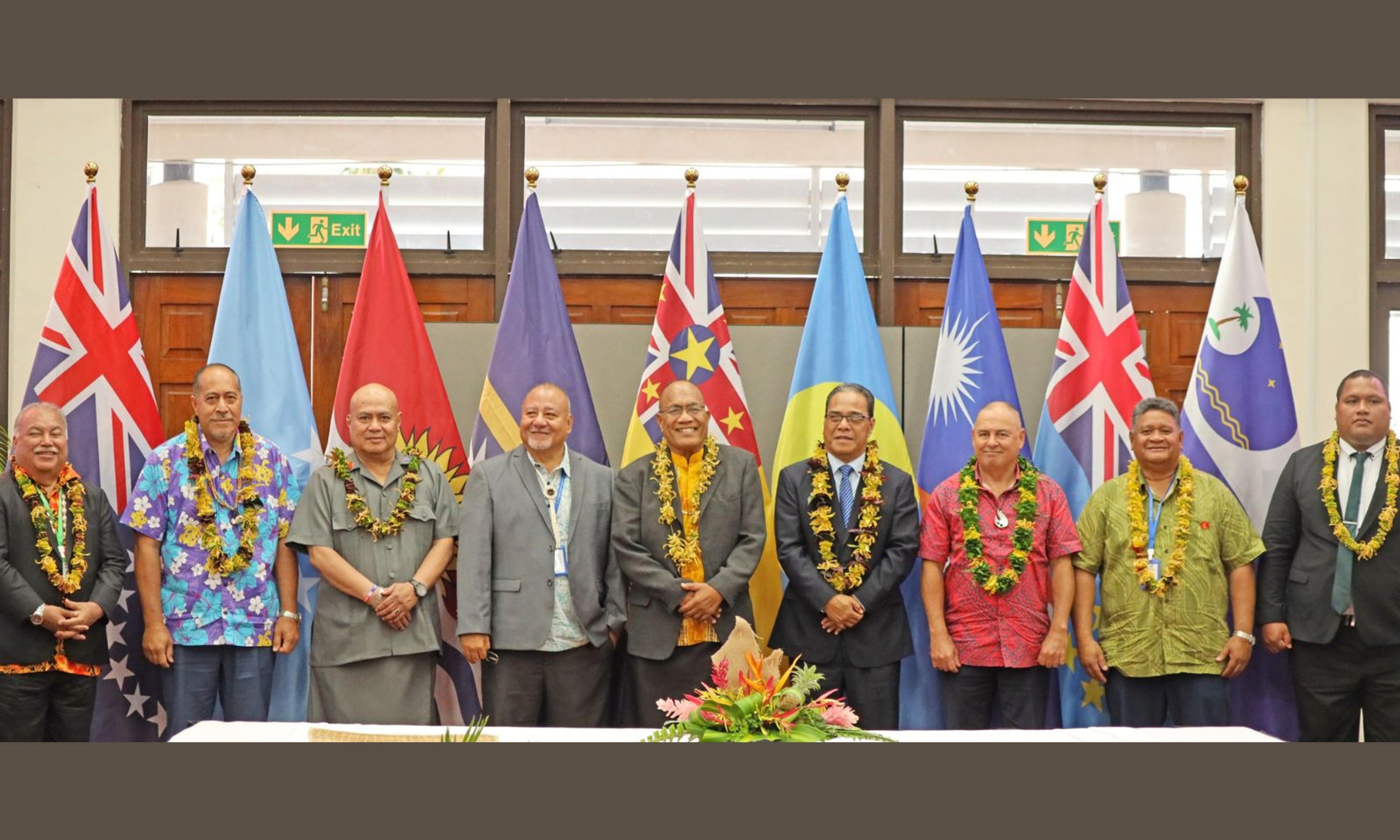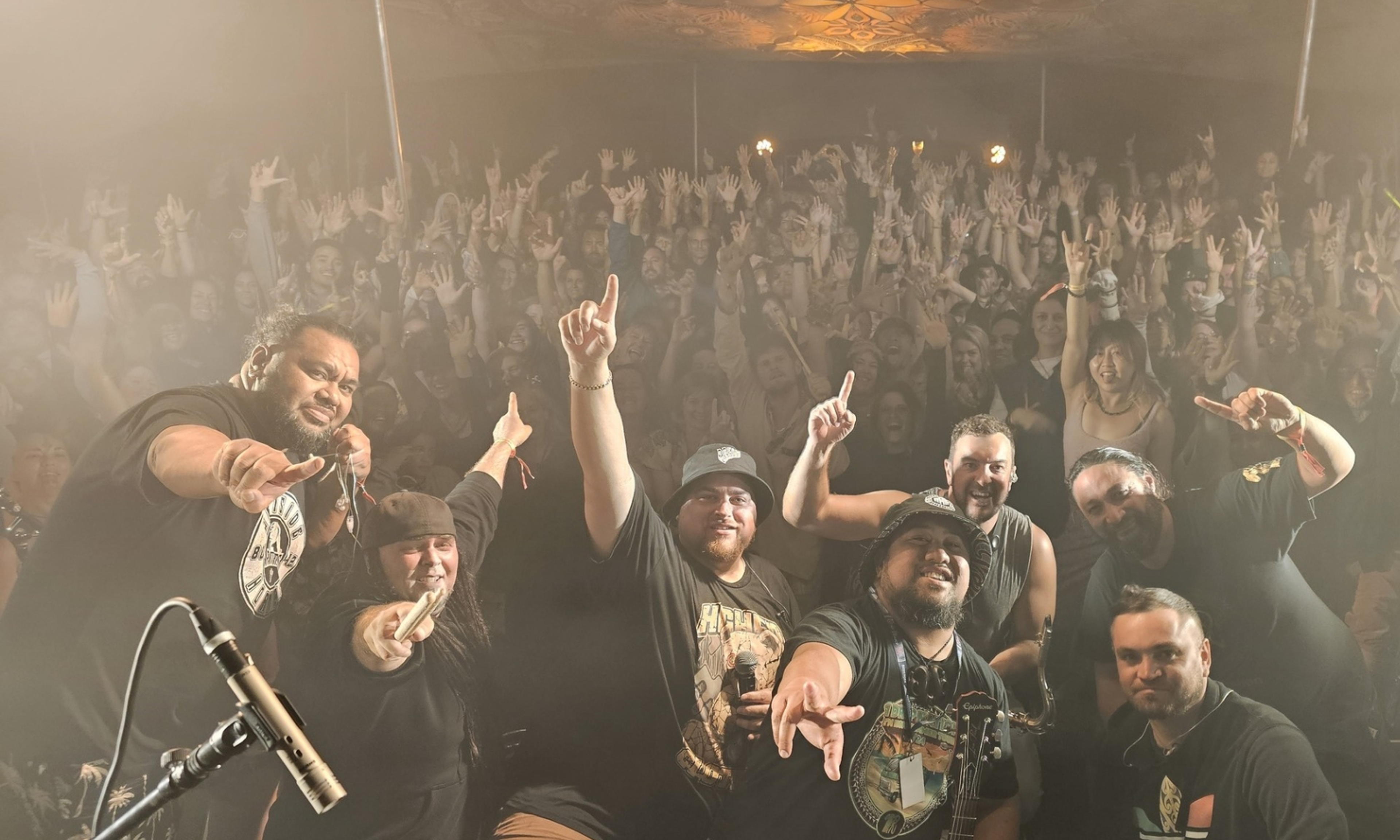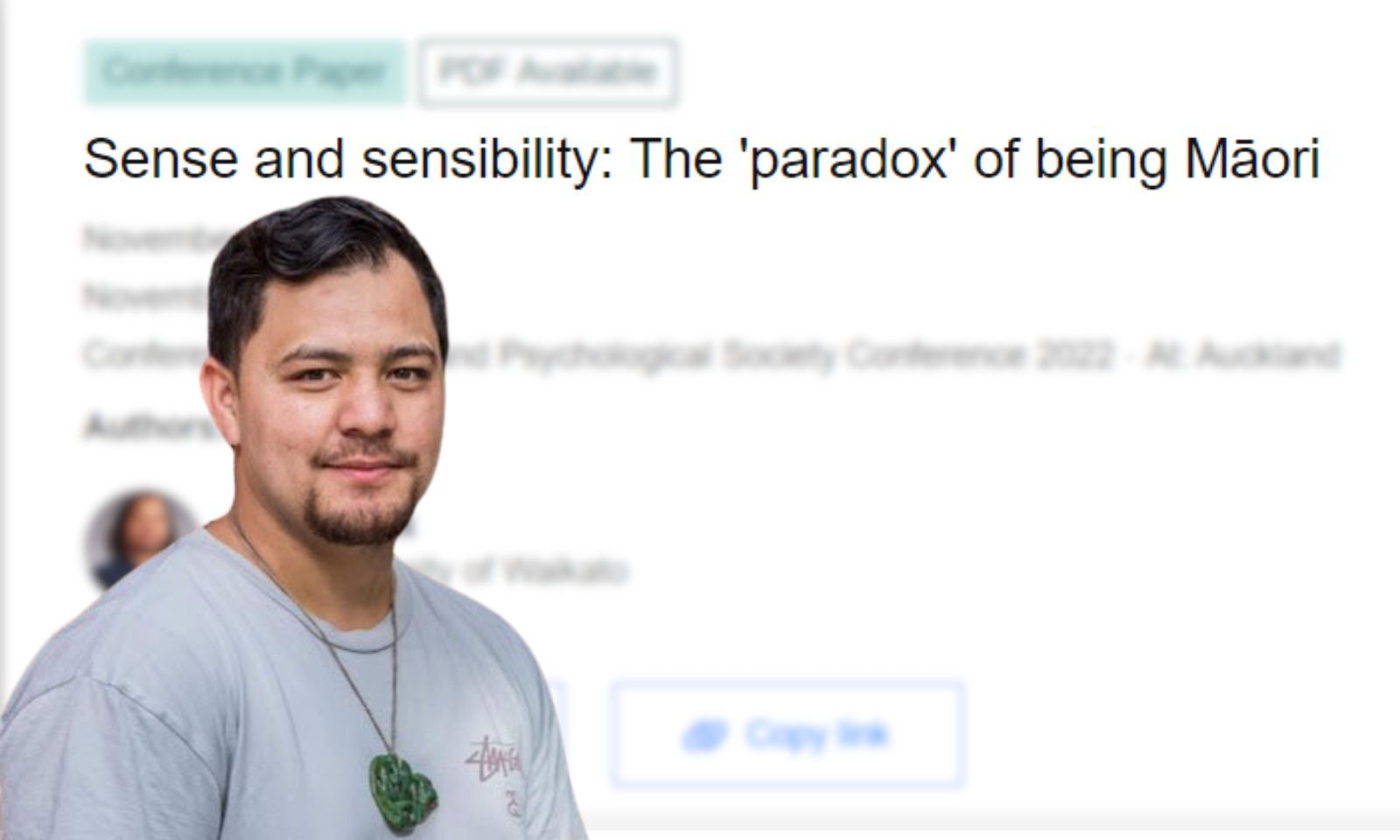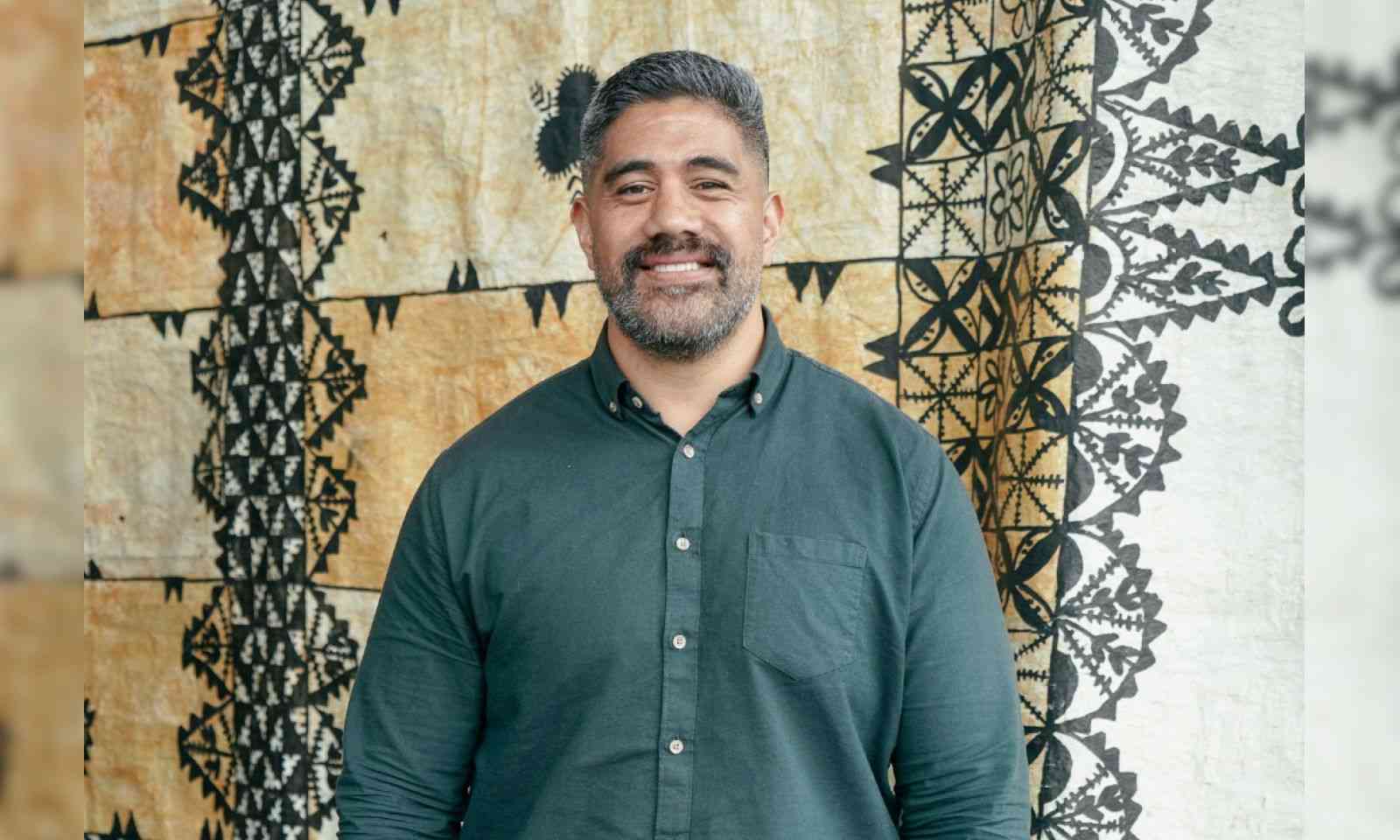

Kendrick Lamar and Drake.
Photo/Instagram (respective)
Kendrick-Drake beef: A lesson in whakapapa and cultural embeddedness
PMN's Aui'a Vaimaila Leatinu'u delves into how Kendrick Lamar’s attacks on Drake highlight the important differences between whakapapa and cultural embeddedness.



Ōtautahi's 1 Drop Nation celebrates brotherhood and legacy in new music




Pacific told to rethink ‘friends to all’ approach as region faces rising geopolitical pressure

Ōtautahi's 1 Drop Nation celebrates brotherhood and legacy in new music


Although Kendrick Lamar and Drake’s electrifying rap beef may be over, its dust has seemingly left the world abuzz regarding discussions of race, nationality and culture.
The two internationally renowned artists went back-and-forth with scathing diss tracks as per the oratory sport of Hip Hop two months ago.
A standout part that has sparked mass debate, especially in Aotearoa, was Kendrick contesting Drake’s cultural embeddedness within the African American experience.
Although Drake has an African American father from Memphis, Drake grew up in Canada while Kendrick grew up in the US.
Waikato University lecturer Ririwai Fox (Ngāti Kahungunu ki Wairarapa, Ngāti Porou), wrote his thesis on the “paradox” of being Māori, where his research discerned a difference between whakapapa and cultural embeddedness.
Fox describes whakapapa as identifying a person’s ancestral identity while cultural embeddedness is the measure of a person’s proximity towards the “collectively defined” values, beliefs, practices and culture of that ancestry.
Within Māoridom, Fox says “whakapapa can open the door to the marae and embeddedness is what happens while you’re there".

Ririwai Fox published his thesis in 2022. Photo/X (Fox)/Researchgate (backdrop)
And this also comes up in the Kendrick-Drake beef.
Kendrick first criticises Drake’s cultural embeddedness in his song Euphoria. He argues that Drake prefers Tommy Hilfiger, a designer brand created by white-American Thomas Hilfiger, over FUBU, or For Us By Us, which is an African American owned brand.
Kendrick also questions Drake: "How many Black features 'til you finally feel that you're Black enough?” alongside claiming he represents “the culture’s” feelings and that the culture doesn’t want Drake saying the n-word.
These lines have drawn criticism for Kendrick, including from the infamous Suge Knight, who says his attacks on Drake's blackness is based on blood quantum since Drake is biracial.
Blood quantum and whakapapa Māori
Blood quantum is the perspective that cultural identity is entirely dependent on DNA. For example, a person who has two "full-blooded" Māori parents might be considered more Māori than those with one Pākehā parent and one Māori from this perspective.
In Drake’s response to Kendrick on Family Matters, he adopts the blood quantum perspective by calling Kendrick a hypocrite for criticising his blackness when Kendrick’s partner is biracial.
Drake doubles down by calling his son and Kendrick's "two light skin kids" - an American term for people who are both black and white.
Kendrick responded less than an hour later with meet the grahams, where he tells Drake's son to "never code switch, whether right or wrong, you're a Black man".
By doing so, Kendrick is opposing the blood quantum perspective, as under that lens Drake's son would be considered "less black" than Drake due to his mother's European heritage.
Fox interprets this as Kendrick telling Drake’s son that he can “draw from the rich black history of his heritage and that that can be part of who he is as he’s still young and therefore has time”.
Fox makes it clear however, that he neither fully understands or can speak on what black culture is and that “it’s really important to know my place”, reiterating these are just interpretations on what is being said.
A Pacific context: To embed through environment
Taking another tack in his disses, Kendrick creates an environmental distinction between himself and Drake in the track Euphoria.
In this song he accuses Drake and his OVO crew, Drake’s Canadian independent record label, of running “to America to imitate heritage”.
And Niuean-Sāmoan PhD student, Asetoa Sam Pilisi (Alofi North and Avatele of Niue, Sato'alepai and Vailoa Palauli of Sāmoa), also reiterates the importance of locality to identity, highlighting how his own upbringing has impacted his embeddedness.
Although Asetoa is both Niuean and Sāmoan, he says his embeddedness leans more towards Niuean worldviews, concepts and language.
“By virtue of my parents sending me to live with my Niuean grandparents I had a huge amount of Niuean upbringing.
"In their household, I spoke Niuean quite a lot. They were church ministers and so by their ministry, they went out into the community.
"Most people know with church ministers their social calendars are busy. They're invited to 21st birthdays, weddings, funerals and so I got roped along to a lot of that."

Asetoa Sam Pilisi. Photo/Pasifika Medical Association.
Honouring the responsibility of a right
Asetoa sees whakapapa as a right while cultural embeddedness is the responsibility of that right.
He adds that while whakapapa provides the right to an ancestral identity, it remains a "slippery slope" if the associated responsibilities within cultural embeddedness are ignored.
"I think rights on its own is a very individualistic - dare I say - American way of looking at things," Asetoa says.
"A combination of the rights and responsibilities is something we should strive towards. You are a part of us by whakapapa but the other part is what does that mean though? What is your responsibility to uphold?
"To serve that ipu tī (cup of tea) to the visitors, to think about what it is to serve and what it is to uphold reciprocal relationships."
Traversing the thin ice of this kaupapa or talanoa
For Māori and Pacific peoples, Fox stresses that this kaupapa or topic requires care and caution as “it’s about people, their identity and things that were out of their control”.
He says for NZ-born Pacific peoples that it would be “really difficult” to be embedded as there are stark differences between growing up in Aotearoa and growing up in the Pacific.
Fox adds that for Māori, just like it has for Drake and many others in the African diaspora, colonialism has caused a "massive disconnection" between Māori and Māori culture.
“This is why I’m really keen on continuing to promote embeddedness.
“I’ve experienced such a different life to many of the people I grew up with who weren’t so fortunate to be embedded in their cultures.
“To all Māori people that have whakapapa Māori: We appreciate who you are and we want you to be able to draw all of the strength that our culture has to offer.”